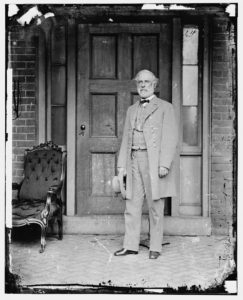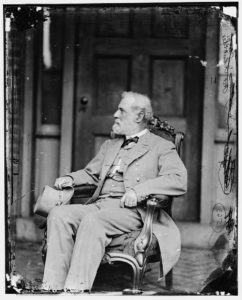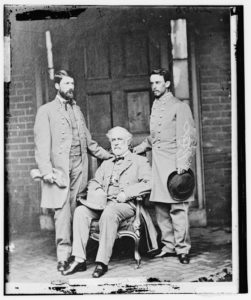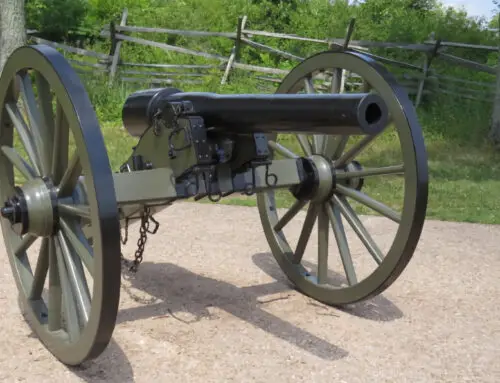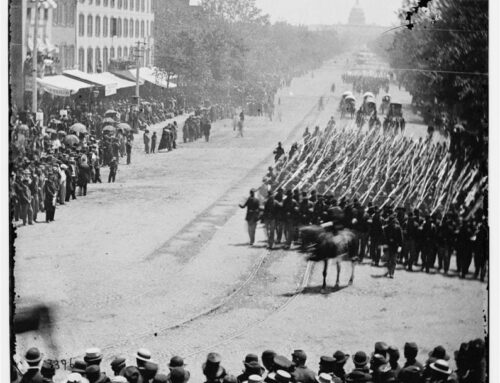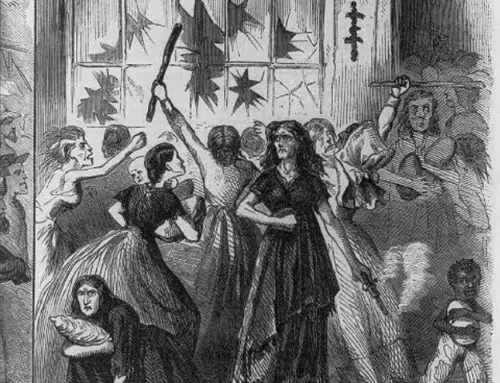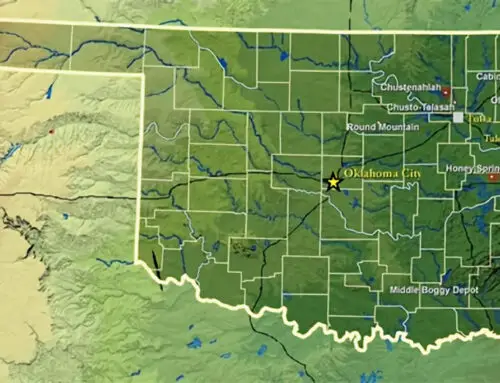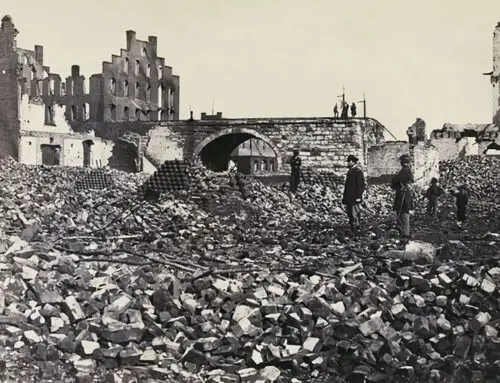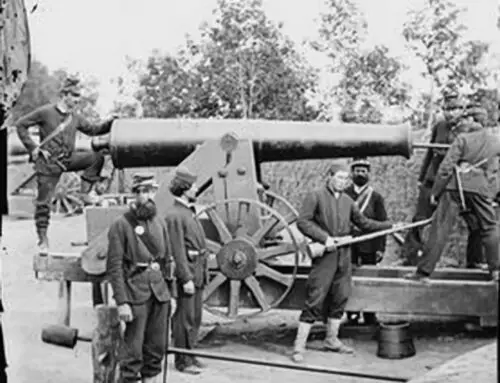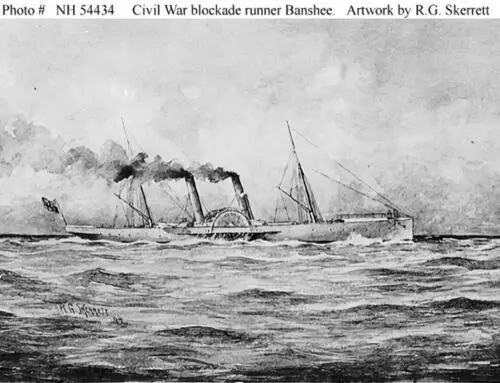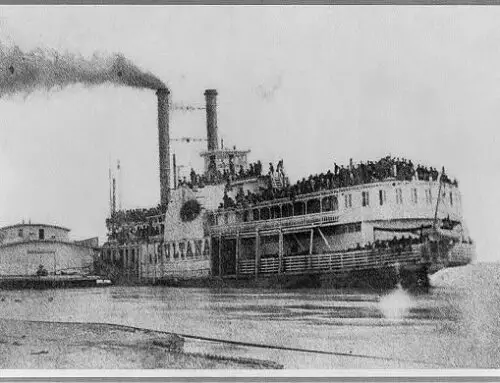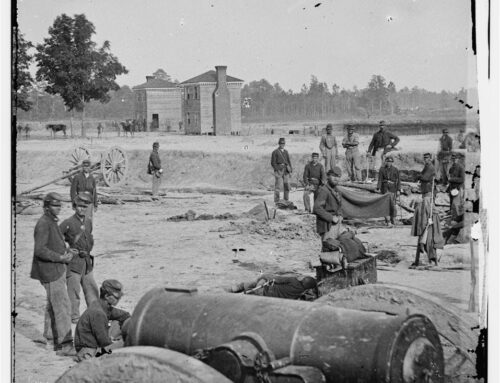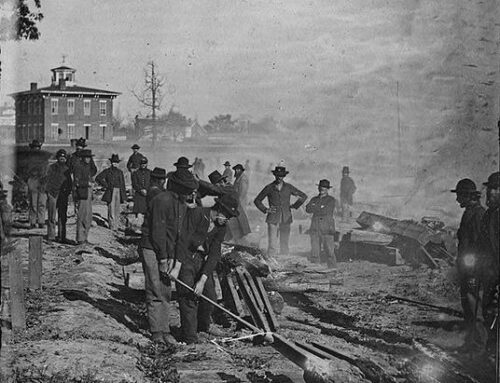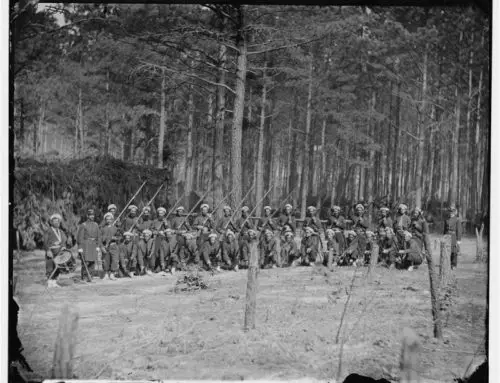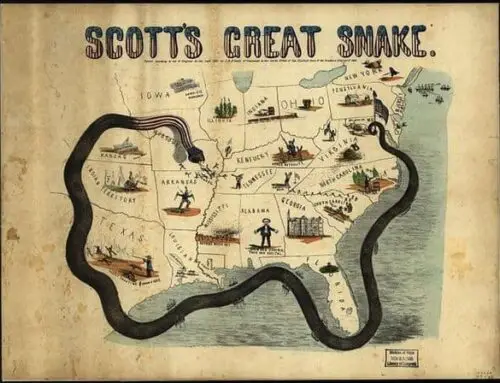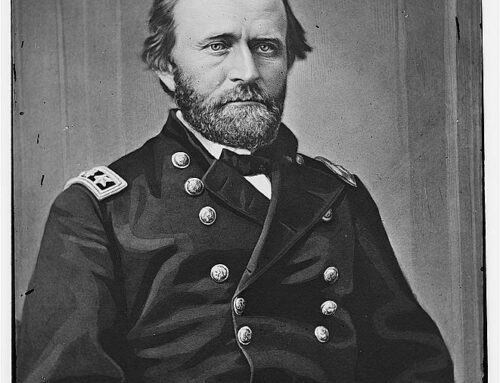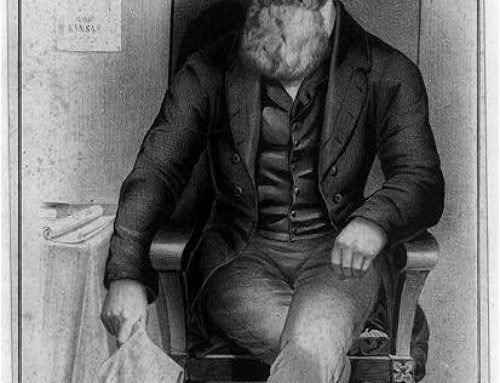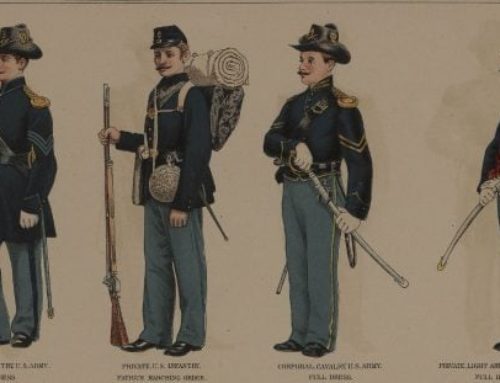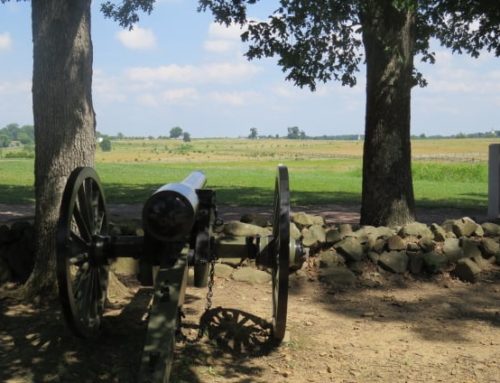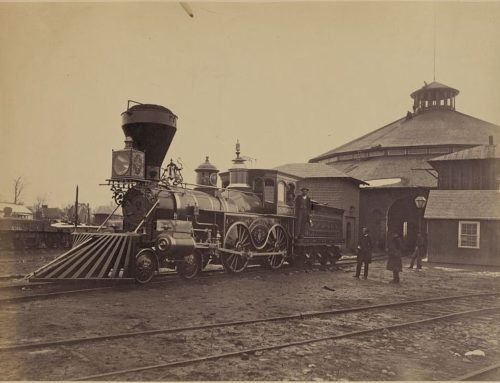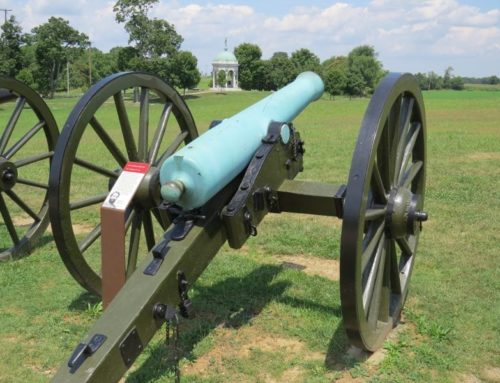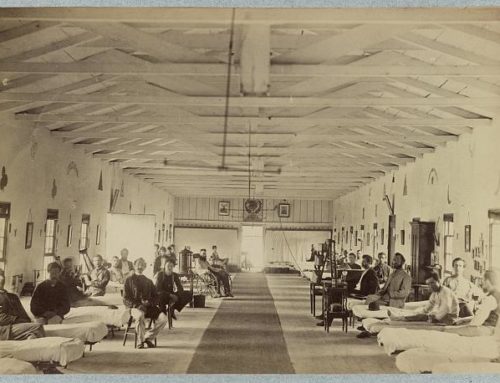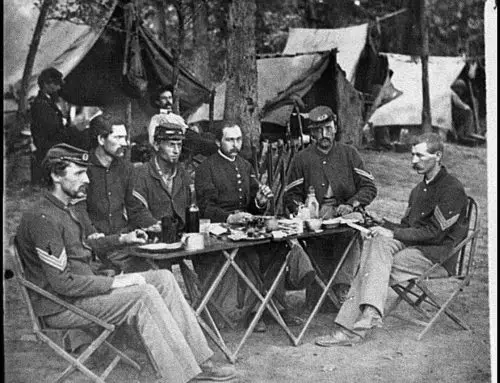Near Appomattox Courthouse VA on April 7, 1865 at 5 PM Union General Ulysses S. Grant commander of the Army of the Potomac sent a letter to his counterpart Confederate General Robert E. Lee commander of the Army of Northern Virginia.
In his letter Grant said to Lee the results of last week must convince you of the hopelessness of further resistance on the part of the Army of Northern Virginia. Grant further explained that it was his duty to shift away his responsibility of any further fighting and bloodshed and to ask General Lee to surrender the Army of Northern Virginia.
General Robert E. Lee responded by saying the he did not entertain the opinion that General Grant expressed of the hopelessness of further resistance on the part of the Army of Northern Virginia and he refused to surrender.
Robert E. Lee wanted to avoid useless bloodshed so he would be willing to hear Grant’s proposition and ask for the terms that will be offered on condition of his surrender.
After receiving this reply Grant thought that Lee wanted to surrender his army. Grant accepted the surrender on the condition that the men and officers shall be disqualified for taking up arms against the government of the United States.
Lee responded to this letter indicating strongly that he did not wish to surrender his army. He only wanted to hear Grant’s proposition on the terms of a surrender in order to make peace which was the ultimate goal of both sides.
Lee still believed he had a chance and saw no emergency which would call for the surrender of his army.
Army of the Potomac vs the Army of Northern Virginia
These were the two largest armies in both the North and the South so the fate of either one of them would likely determine the outcome of the war.
By April 1865 the Army of the Potomac was far superior to the Army of Northern Virginia in every way.
The Union army was very well fed and supplied and had no shortage of manpower. The Army of Northern Virginia however, was severely outnumbered, had no supplies, was starving and the men were exhausted, often not sleeping for days.
Lee knew his situation was hopeless, his army was virtually surrounded with no hope of escape. The very last thing Robert E Lee wanted to do was surrender his army.
He understood the dire circumstances his army was in, but after fighting for four long years the thought of surrender was almost too much to accept.
Surrender at Appomattox Courthouse VA April 9, 1865
Ulysses S. Grant knew the battle was over and that Robert E. Lee had no chance of winning and no chance of getting away.
Grant was not interested in making peace with Robert E. Lee.
Grant said he had no authority to make peace and the only way peace could be accomplished was if the men of the Army of Northern Virginia laid down their arms and surrendered.
Lee understanding that the only way the fighting would stop was if he agreed to surrender his army. He therefore asked Grant to meet him to discuss the terms of his surrender.
The two generals met at the McLean house in the town of Appomattox Courthouse on April 9, 1865. The terms of surrender that Grant laid out were very fair.
He wanted a list of the names of all officers and men, they would all be paroled and agree not to take up arms against the government of the United States until properly exchanged.
All their weapons, artillery and public property was to be turned over to the Union Army. The officers were allowed to keep their sidearms, horses and baggage.
After doing this each officer and soldier was allowed to return home and would not be prosecuted for their role in the rebellion. Robert E. Lee accepted these terms and surrendered the Army of Northern Virginia to Ulysses S Grant on April 9, 1865.
After the surrender at Appomattox Courthouse
With the surrender of Robert E. Lee’s Army of Northern Virginia the largest army in the Confederacy was gone. This did not end the war, the Confederacy was still intact and still had armies that were willing to fight. Confederate President Jefferson Davis vowed to continue the struggle against the Union.
Despite this continued resistance of the Confederacy, the reality was that after the surrender at Appomattox the Confederacy was doomed. The remaining Confederate armies would soon be forced to surrender, Jefferson Davis would be captured, and the Confederacy would be relegated to the history books.

